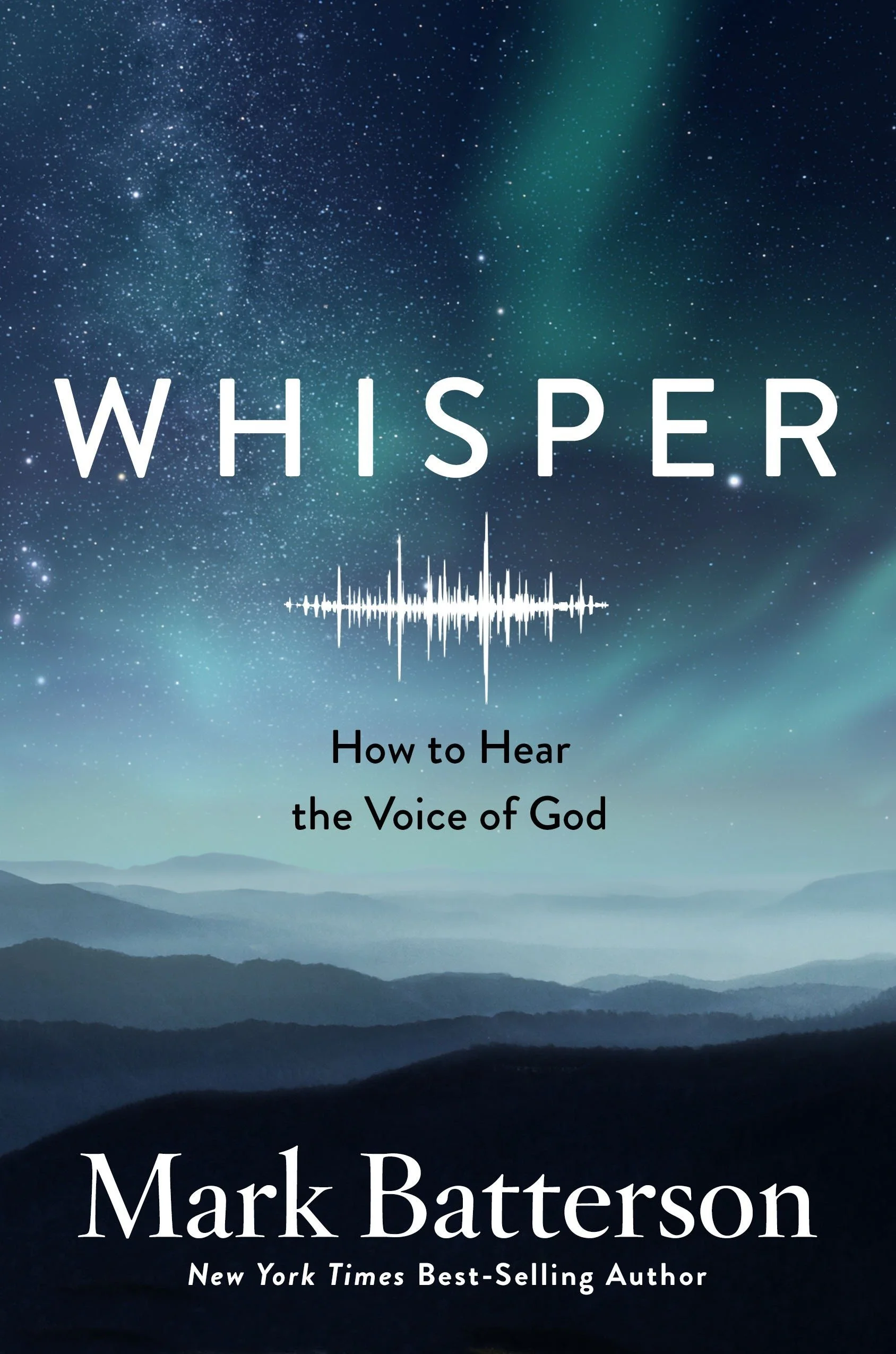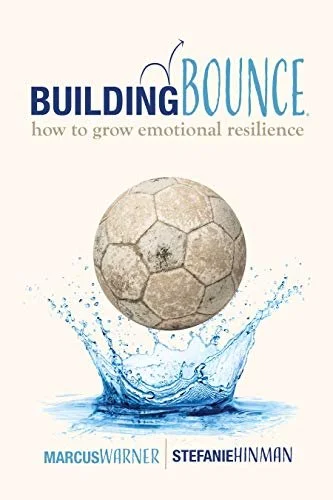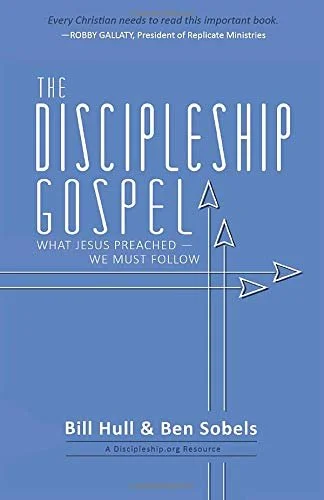The 5 Best Books I Read in 2021
Most pastors I know are inveterate bibliophiles. They know that great books can provide information, inspiration, and illustrations. The challenge is that with hundreds of thousands of books being published each year, it takes no small amount of discernment to know which ones to read.
It’s no wonder that one topic which always makes the discussion list in a “think tank” group I attend each year is, “What are the best books you read in the past months?”
Taking a cue from that, here is my list of the five best books I read in 2021.
Canoeing the Mountains by Tod Bolsinger
This book is arguably one of the best I’ve read in a decade. Subtitled, “Christian Leadership in Uncharted Territory,” Bolsinger addresses the challenges of adaptive change using the example of two of the finest leaders in history, Meriwether Lewis and William Clark.
Although Lewis and Clark were prepared to find a waterway in their mission to map a northwest passage to the Pacific, they found themselves facing the Rocky Mountains. They would dramatically alter their strategy by selling their canoes and buying horses. Their ability to do this and to lead others to follow them is one of the great examples of organizational leadership.
“This is a guidebook for learning to lead in a world we weren’t prepared for…when the journey literally goes off the map.”
Whisper by Mark Batterson
I’ve determined to read nearly everything that Batterson writes. From In a Pit with a Lion on a Snowy Day to Draw the Circle, Batterson has inspired me to dream great dreams and pray great prayers.
In Whisper, he offers insights about how to hear from the Lord. He explains how God is actively speaking through Scripture, Desires, Doors, Dreams, People, Promptings, and Pain. And he gives you the tools you need to unlock each of these languages.
“Nothing has the potential to change your life like the whisper of God. Nothing will determine your destiny more than your ability to hear His still, small voice.”
Building Bounce by Marcus Warner and Stefanie Hinman
Life is hard. We all get overwhelmed at times. But some people seem to bounce back from disappointment and discouragement faster than others. Were they just born more resilient? Or is there a secret to building resilience that anyone can learn?
Using the most recent brain science studies, Warner and Hinman explain how the secret of emotional resilience can be summed up in one word – joy. The more joy you have, the more joy you can handle.
The authors suggest that you can actually rewire your brain toward a more joyful default when you regularly engage in gratitude and appreciation.
“Staying in a state of appreciation for five minutes or longer two or more times each day is an important habit for growing the joy center of your brain.”
Angels by Michael Heiser
This is a book about the loyal members of God’s heavenly host. Most Christians will refer to them as angels. But Heiser explains that that’s just one of many terms the Bible uses for the supernatural beings that serve Him.
To be sure, popular interest in angels is symptomatic of our culture’s insatiable appetite for the supernatural. But beyond that, in learning about the role of God’s heavenly family, we get a picture of our future role as God’s earthly family.
“Why should we care about angels? Because knowledge of God’s heavenly host helps us think more clearly about our status, purpose, and destiny. That’s why.”
The Discipleship Gospel by Bill Hull and Ben Sobels
This book is an eye-opening expose of the easy believism that is being preached today. That becoming a Christian is a matter of mouthing a prayer and going on with life as usual rather than committing to Christ and becoming His disciple.
“The gospel you preach determines the disciples you make,” the authors write. “You cannot make Christlike disciples from a non-discipleship gospel.”
The longer we think people can be Christians without being disciples (that they can believe in Jesus without following Him), the more we’ll see our best disciple-making efforts fail (no matter how sincere we might be or how much money we might spend).
So, there you have it! I’m sure that I will return to all these heavily underlined books in the years ahead. But I’m also looking forward to reading some new ones.
Let me encourage you to do the same in this new year. Why not set a goal of reading at least five books? I’m confident that you will benefit both personally and professionally.
The Everyday Pastor Blog is brought to you by our partners.
To support Dave DeSelm Ministries by becoming a partner, CLICK HERE.






